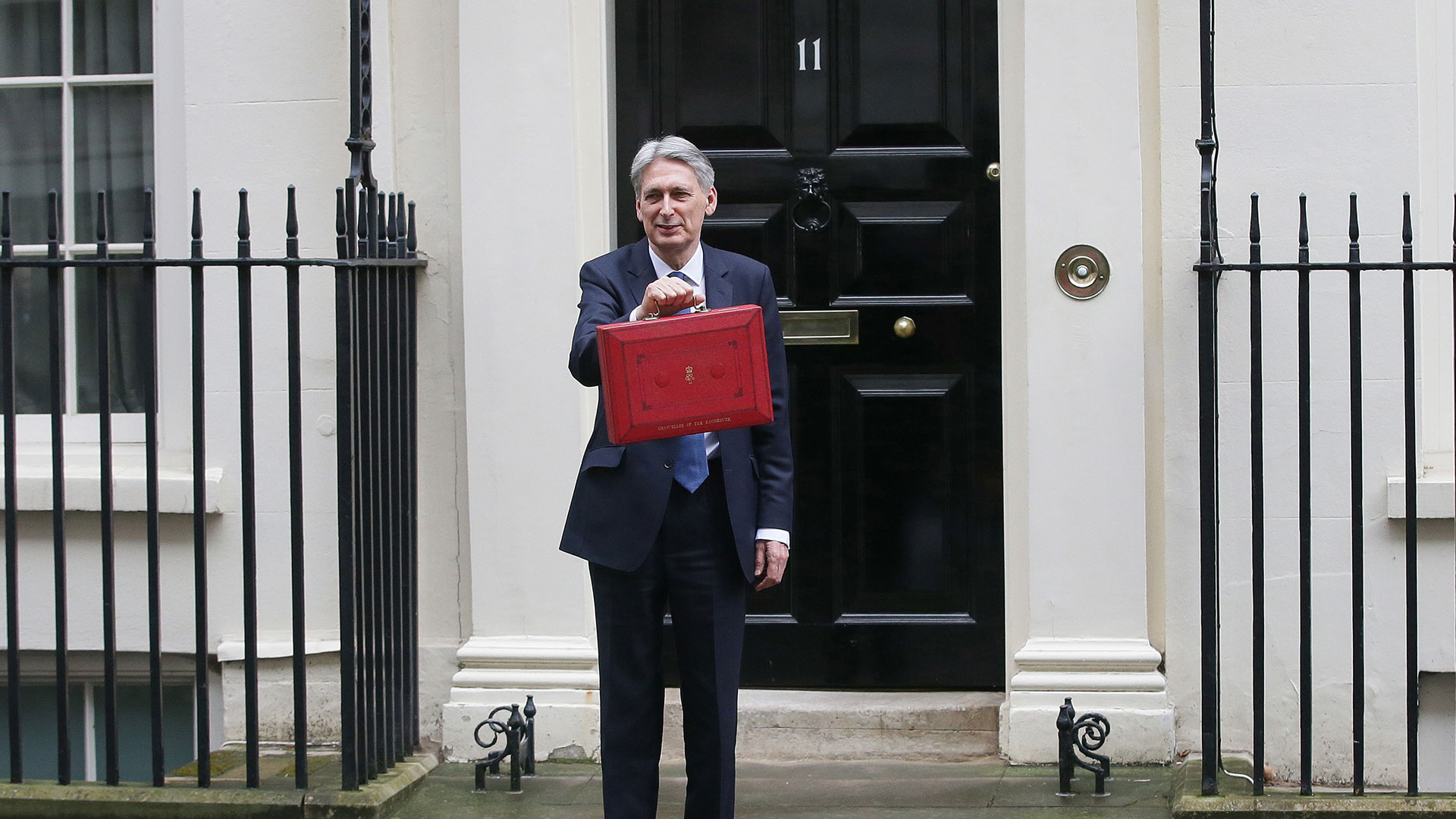There wasn’t too much theatre to Hammond’s speech delivery and, as my first complete Budget speech, I was pleased I sat through it. He seemed to cover most things. I was half-pleased that he was making concessions around Universal Credit, and the people left in limbo by the paperwork and the system. I was half-pleased at saying they were going to reduce rough-sleeping by 2022 to half what it is now. And that they were going to roll out a few ‘Housing First’ pilots.
I was hoping that they were going to grab the idea behind my private member’s bill currently going through the House of Lords, it’s second reading debate (then) a few days away, and embrace it all, hook, line and sinker. But it was not to be.
That’s the Creditworthiness Assessment Bill where if you’re a tenant in rented accommodation, your rental payments should be utilised in the same way as other people’s mortgage payments in determining your credit. A credit score and a stronger credit history moves you away from payday loan sharks and BrightHouse buying because you can get fairer access to more affordable deals elsewhere.
Instead of completely embracing my bill, for now, I’m pleased that we’ve rooted the issue at the heart of Westminster
But it was not to be. Though there was some movement on how to the Government plans to incentivise FinTech firms to muck in and support credit lenders solve the problem, it doesn’t go the whole hog. Instead of completely embracing my bill – now loved by all sides of both Houses of Parliament in a universal outburst of non-partisan partisanship – for now, I’m pleased that we’ve rooted the issue at the heart of Westminster.
Maths, the backbone of the new technological revolution we’re entering, the fourth industrial revolution, was made prominent with regard to education. And a general rundown of how important it was to build a technologically-savvy workforce.
The first General Election I was aware of was in 1964 when the pipe-smoking Harold Wilson campaigned to win, which he did, on the need to embrace ‘the white heat of the technological revolution’. This was going to sweep away the antique industries that Britain lived with. The steel, coal, ship-building, heavy engineering and the failing car industries that could not produce a fault free car; unlike our German and Japanese competitors.
Mr Hammond seemed to have a Wilsonian echo about him when he said that he was going to cash in on the genius of invention – the backbone of the UK success story. Let’s hope he does a better job than Harold, who left the problem for Maggie, who swept the so-called backward industries away with the wave of her brolly – or was it her large handbag? – some 20 years later.
The missing bit of theatre I would have loved to have heard coming from Mr Hammond’s mouth, was a wild, loud, emphatic cry of ‘Prevention!’
If Hammond is serious about the fourth industrial revolution, then we will (sorry to say repeatedly, ad nauseam) have to handle the 37 per cent of schoolchildren who leave school and you’d think they hadn’t even been. And our appallingly backward pedagogy where you’d think we were preparing our children for life in 1972; something I reminded the House of Lords about last week in my short debate of schooling standards.
The missing ingredient, the missing bit of theatre I would have loved to have heard coming from Mr Hammond’s mouth, was a wild, loud, emphatic cry of ‘And as for Prevention! As for Prevention! From henceforth, Mr Deputy Speaker, every governmental action, policy and spending decision will pass through the prism of Prevention! We will ask a simple question, ‘How does this money help to prevent people falling into poverty, into poor health, into prison, into depression and in deeper need!’
Sir William Harcourt and the Earl Rosebery didn’t have to stay together long for they soon lost the 1895 General Election to the Conservatives and Liberal Unionists (steered to power by one Joe Chamberlain, a hero of our current PM). And of course, there are always others waiting in the wings to take over and have another go. But how long do we have to wait for a sensible, forward-looking, prevention government? How long?
Before the 2017 General Election, The Big Issue rallied every major party – including May, Corbyn, Sturgeon, Cable, Wood and Lucas – to commit to putting prevention at the heart of their policy. It’s time we found out which of them are prepared to get on with the job.









